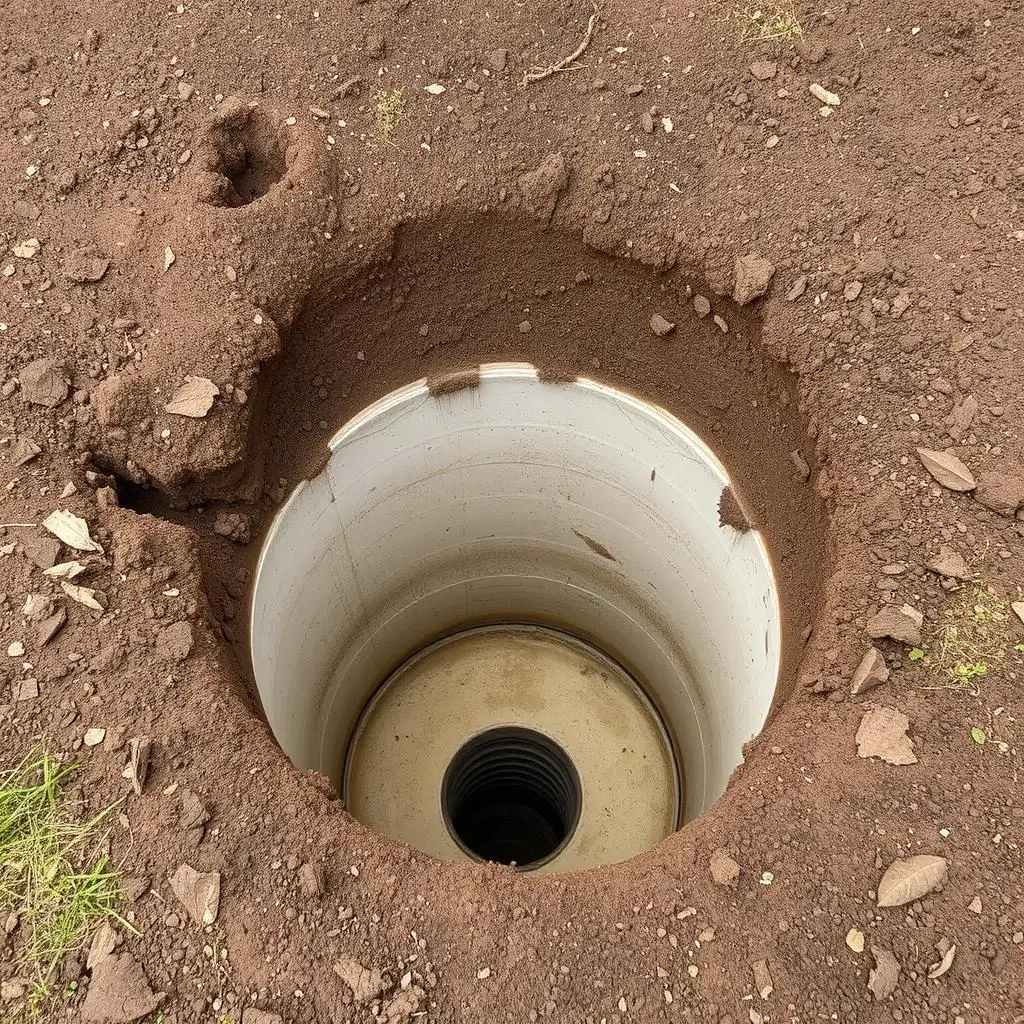Why It’s Important to Know When Your Septic Tank is Full
A full septic tank is more than just an inconvenience; it can be a serious issue. When the tank reaches its capacity, wastewater has nowhere to go, which can lead to backups, drainage issues, and potential health hazards. Regular maintenance and timely pumping can prevent these issues and keep your system running efficiently. Here’s how to tell if it’s time to schedule that all-important septic tank pumping.
7 Signs Your Septic Tank Might Be Full
If you’re noticing any of the following signs, it’s time to consider septic tank pumping before the situation worsens.
1. Slow Draining Sinks, Showers, and Toilets
One of the first signs of a full septic tank is slow drains. If your sinks, showers, or toilets are draining slower than usual, it could be because the tank is nearing capacity. While clogs can also cause slow drains, a full septic tank is often the culprit, especially if you’re noticing it throughout the home.
2. Unpleasant Odors
A sewage smell around your drains, yard, or near the septic tank area is a major red flag. As the septic tank fills, gases have nowhere to escape, leading to strong, unpleasant odors. If you notice a foul odor around your home or yard, it’s time to schedule an inspection.
3. Pooling Water in the Yard
If you see standing water or soggy areas around your drain field, it’s a sign that your septic system is overwhelmed. When a tank is full, it can’t effectively distribute water, causing it to rise to the surface. Pooling water near your septic tank or drain field is a clear indication that it’s time to pump the tank.
4. Gurgling Sounds in the Plumbing
Are you hearing gurgling noises when you flush the toilet or run water? This could be a sign that your septic tank is full. When wastewater has nowhere to go, it creates air pockets in the plumbing, resulting in those strange gurgling sounds. These noises are a common symptom of a full tank, so don’t ignore them.
5. Sewage Backup
A sewage backup is one of the most serious signs of a full septic tank. If wastewater starts coming back up through the drains, it’s an urgent issue that needs immediate attention. Sewage backup can happen when the septic tank is so full that waste has no other option but to come back into your home. If this occurs, contact a professional right away to avoid extensive damage and health risks.
6. Green, Lush Grass Over the Drain Field
While a green lawn is typically a good thing, an unusually lush patch of grass over your septic drain field may be a sign of trouble. When a tank is full, excess wastewater can saturate the ground around the drain field, providing extra nutrients to the grass. If you notice particularly green, healthy grass in this area, it might mean your tank is overdue for pumping.
7. High Nitrate Levels in Well Water
For homeowners who rely on well water, high nitrate levels in the water can indicate septic issues. A full septic tank can leach contaminants into the ground, potentially affecting nearby water sources. Testing your well water regularly for nitrate levels can provide early warning signs of a septic issue, especially if levels start to rise unexpectedly.
How Often Should a Septic Tank Be Pumped?
Knowing the signs of a full tank is important, but regular septic tank pumping can prevent these issues from arising in the first place. The general rule of thumb is to have your tank pumped every 3-5 years, depending on several factors:
Household Size: More people in the home mean more wastewater, which fills the tank faster.
Tank Size: Larger tanks can hold more, allowing longer intervals between pumps.
Water Usage: Households with high water usage, such as frequent laundry or long showers, may need more frequent pumping.
Regular pumping not only extends the life of your septic system but also minimizes the risk of backups and costly repairs.
What to Do If You Think Your Septic Tank is Full
If you’ve noticed any of the signs above, it’s time to act. Here are the steps to take if you think your septic tank is full:
Schedule a Professional Inspection: A licensed technician can confirm if your tank is full and check for any underlying issues.
Avoid Excessive Water Use: Until the tank is pumped, try to limit water usage to avoid overwhelming the system further.
Book a Septic Tank Pumping Appointment: Contact a professional septic service provider to pump your tank. Regular pumping can prevent future issues and keep your system running smoothly.
Need septic tank pumping? Contact us today to schedule an appointment and keep your system in top condition.
Tips to Extend the Time Between Pumpings
While regular pumping is essential, there are a few things you can do to help extend the time between services:
Limit Water Usage: Avoid using too much water at once. Spread out laundry loads and take shorter showers to reduce strain on the system.
Use Septic-Safe Products: Harsh chemicals can disrupt the natural bacteria in your septic system. Choose biodegradable and septic-safe cleaning products.
Avoid Flushing Non-Biodegradable Items: Only flush toilet paper and human waste. Items like wipes, paper towels, and feminine hygiene products can lead to clogs and system overload.
Regular Inspections: Have your system inspected regularly to catch small issues before they turn into big problems.
Final Thoughts: Keep Your Septic System Running Smoothly
Knowing the signs of a full septic tank is key to preventing serious issues and costly repairs. By keeping an eye out for slow drains, foul odors, pooling water, and other symptoms, you can take action before problems escalate. Regular septic tank maintenance and pumping will keep your system efficient and reliable for years to come.
If you’re noticing any of these signs or it’s been a few years since your last septic tank pumping, don’t wait until it’s too late. Contact us to schedule a pumping service and give your septic system the care it needs.

